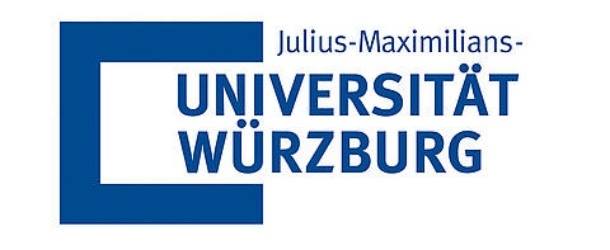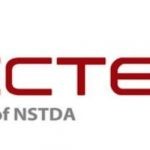Researchers Take Important Strides on Road to Topological Quantum Computers

(ScienceDaily) Physicists from the University of Würzburg together with colleagues from Harvard University (USA) have made an important step on the road to such topological quantum computers based on Majorana quasi-particles. An improved control of Majorana fermions represents an important step towards topological quantum computers. Theoretically, such computers can be significantly more powerful than conventional computers. They thus have the potential to revolutionize computer technology.
Majorana particles are very peculiar members of the family of elementary particles that belong to the group of so-called fermions, a group that also includes electrons, neutrons and protons. Majorana fermions are electrically neutral and also their own anti-particles.
The researchers have studied Majorana fermions in a two-dimensional system with strong spin-orbit coupling. “The system we investigate is a so-called phase-controlled Josephson junction, that is, two superconductors that are separated by a normal region,” Laurens Molenkamp with the Experimentelle Physik III from the University of Würzburg explains. The superconducting phase difference between the two superconductors provides an additional knob, which makes an intricate fine-tuning of the other system parameters at least partially unnecessary.



















